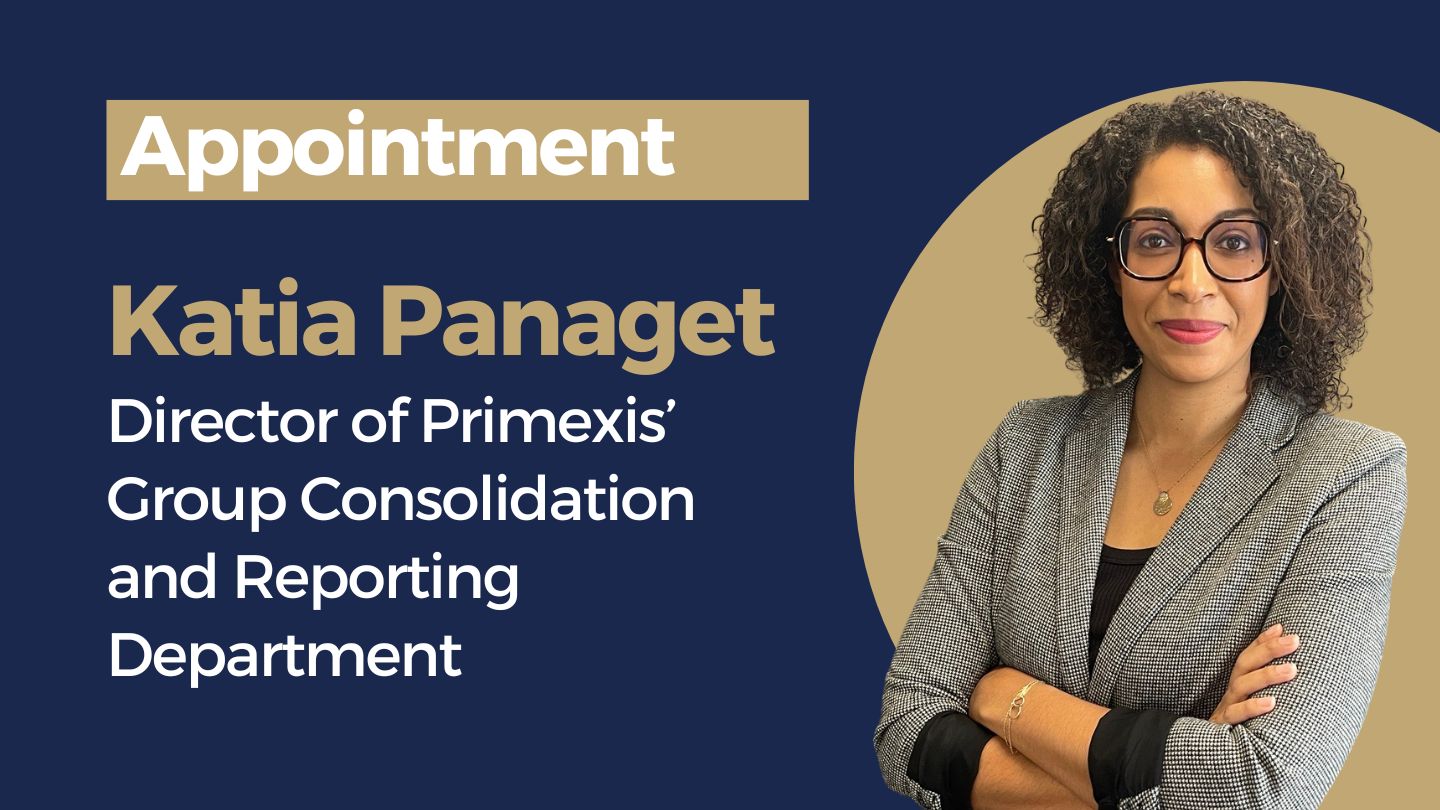France’s New Electronic Tax Filing Policy Passes 1 Year Milestone

Following new tax regulations introduced on January 1, 2014, all companies operating in France are now required to submit their accounting in electronic format, in one single file and in a strictly and clearly defined format: “Fichiers des écritures Comptable” or more commonly known by its acronym as “FEC”.
One of the main difficulties companies are encountering with the FEC, and in particular the French subsidiaries of foreign companies, is complying with French standards. Accounts in many groups are kept under other standards than French Gaap, and generally in languages other than French, mainly English. The “Gaap to stat” adjustments are often determined and kept out of systems under Excel, or through a local provider under its own system, and without a cross reference .
Feedback on tax audits in 2014
2014 has been a learning year for both taxpayers and tax administrators. New temporary measures have been published by the tax administration in order to facilitate the production of the FEC: transcoding admitted to allow compliance with the French rules, acceptance of foreign languages using the latin alphabet, and inspectors have often demonstrated tolerance by granting a grace period of one month for the delivery of files.
This transition period is reflected in the administration’s minutes regarding problems in 2014, which are concerned with only the very special cases of a lack of willingness to produce the FEC or the inability to reconcile the file with the tax bundle, highlighting compliance over any serious accounting issues. However, our experience has shown us that the FEC was a real subject of discussion during tax audits and the administration has applied pressure during the audits until a readable FEC was delivered. Despite these concerns, to date we have no knowledge of any rejection of accounting submissions based solely on a lack of compliance with new FEC requirements.
What are the challenges for the future (or present)?
The learning phase is now complete and the administration has hardened its position and asked that an FEC be provided from the first audit appointment. Initial measures to facilitate the transition to the new FEC such as the possibility of transcoding by writing and the use of a language other than French were extended until December 31, 2014. However, as of 2015 transcoding and submissions denominated in foreign languages will be more accepted.
In this context, it is imperative for companies to anticipate the verification of accounts and to be able to produce a FEC which brings together all of the requested accounting documentation and that will be technically readable by the administration, this of course is a minimum.
An analysis of the points of non-compliance should be quickly carried out in order to be able to present a remediation plan to the administration, in many cases involving an adaptation of the information system, an implementation of a manual of accounting procedures, and sometimes a representing a change in process.
Thus, a big issue and challenge for companies in 2015, and in the following financial years, will be to keep its accounts in French at the level of each entry and not by a global crossing at year-end, and subsequently the French nomenclature and standards must also be adhered to.
We can bet that in the near future the administration will be able to optimize its resources and gain in efficiency in the operation of the data. We hope, however, that the administration will soften its position on the use of the foreign languages, which is not the case of transcoding by writing.
The implementation and full effect of the new FEC is still in its infancy and we’ll surely be returning to this topic and offering our observations and feedback on what companies can anticipate in the future.
Laure Barouh
Senior Manager,International Business Services
PRIMEXIS, Paris


